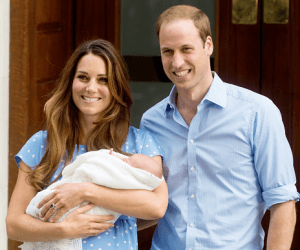New Swedish research on the relationship between sleep and fatigue is misleading and may be harmful
On Friday August 2, new Swedish research conducted by the Stress Research Institute of Stockholm University, found that there may be little-to-no relation between how much sleep people get at night and how fatigued they feel.
The research to be released in late 2013, suggests that the number of hours slept is of much less importance in determining how a person functions throughout the day. It is actually genetically conditioned and dependent on age and health.
However, the findings from the study are not only misleading but in fact could be very harmful to the way the pubic perceives fatigue and how much sleep people actually need to be at peak alertness and effectiveness.
Swedish researchers asked 6000 people how long they slept and how fatigued they felt, but they could not find a relationship between how long people slept and how fatigued they felt.
Personally I don’t find this surprising, as it has been known for decades that self-reported sleep and self-reported fatigue are not very accurate.
In 2004, researchers from the University of Pennsylvania published a comprehensive study where they measured subjects’ actual sleep and actual fatigue levels using clinical level objective tests. Their conclusion was that there was a large difference between what people report and how they actually perform on clinical testing.
Further, in September 2012, the US Federal Aviation Administration (FAA) published the largest study of its kind where they measured the actual sleep of 178 flight attendants using highly accurate, clinical level Readiband’s. The flight attendants also took over 10,000 reaction tests. The FAA was then able to correlate how sleep affects reaction time or fatigue. The results showed that people do not normally feel fatigued until they lose 30% of their reaction time due to sleep loss. That is equivalent to the reaction time of people who are legally drunk at 0.08% blood alcohol.
This is why fatigue is such an insidious hazard. People can be mentally fatigued and be at a greatly increased accident risk, yet not even feel fatigued. The Swedish research is simply misleading and reinforces the out dated notion that sleep does not affect our fatigue levels.
The National Sleep Foundation says it best:
“People underestimate how tired they are and think that they can stay awake by sheer force of will.” “This is a risky misconception,” says Thomas Balkin, Ph.D., Chairman of the National Sleep Foundation.
Would there be 1.9 million fatigue-related crashes or near misses if people were good at assessing their own ability to drive when fatigued?
Sleep is critical to human health, safety and performance.
In March the U.S. Centers for Disease Control and Prevention declared that “insufficient sleep is a public health epidemic.” Which is why the public needs to better understand the critical link between sleep and fatigue, instead of listening to highly published inaccurate research.
